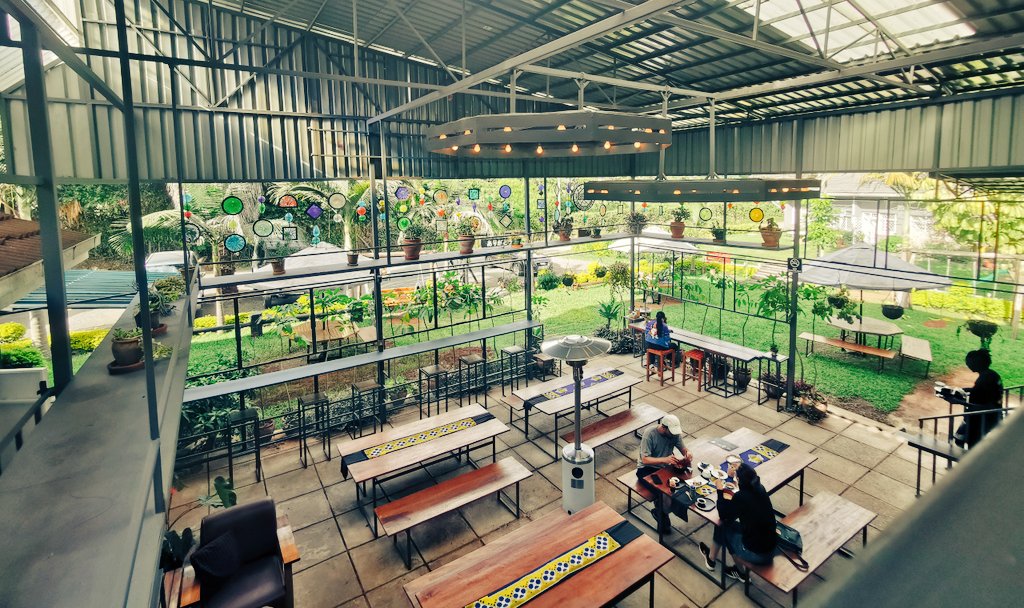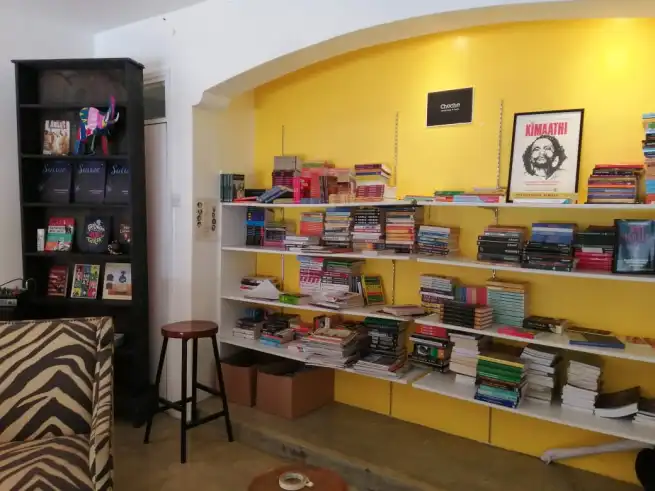Your Travel Guidelines to Visiting Kenya 2022
Kenyans are world-renowned for their hospitality, vibrant cultures, and safari adventures in the country’s wilderness. One of the best times to visit Kenya is from July to September, during the country’s dry season, which also coincides with the Great Migration of wildebeest and zebra. The rainy seasons are also good times to travel, as there are fewer visitors and you can admire the striking emerald vegetation. As you plan your trip to this beautiful country here are a few things you need to know.
WHAT TO DO
Step 1: Book your safari tour, because everything else revolves around that. From planning the duration of your stay, how much you need to budget for activities and the people who would ideally be traveling with you. It is always good knowing the places you want to visit before hand and know the best time to visit.
Step 2: Plan for your transportation means. Kenya is quite developed as compared to other African countries therefore there are many options for moving around the country, be it via train, road, water or air. Do your research and figure out what is most convenient and most budget friendly.
Step 3: Applying for your visa for Kenya. Depending on the counrty you are coming from, It is always a good idea to apply ahead of your trip because the processing time varies. Be it that you are planning a short or long term stay, you would know which visa you would need with proper research and due diligence.
Step 4: Getting your mandatory vaccinations. A traveler’s Kenya vaccine requirements may differ depending on which areas they will be visiting. Some of the routine vaccinations needed would be Measles-Mumps-Rubella (MMR), Tetanus, Diphtheria & Pertussis (TDAP), Chickenpox, Pneumonia but there could be more required if you are traveling to specific locations in the country.

WHAT NOT TO DO
- Never refuse hospitality.In most African homes it is regarded as disrespectful to not accept food or a gift given. It is better to acept and not use it rather than not to refuse it.
- Do not buy items derived from endangered species. Ivory from elephant tusks, horn of a rhino or even animak hides are not sold openly but could easily land you in jail when found in possession of them. Unfortunately illegal animal hunting is a threat to Kenyan tourism and these are some of the rules put to protect it.
- Do not ask people’s tribe.It may be fascinating to you but could easily be misconstrued by locals as a way of defining individuals. A lot of young people would rather identify as Kenyans and only that but it’s not to say some will be happy to share the information with you.
- Don’t take people’s picture without their consent or next to official gvernment locations.
- Watch what you wear.Kenya although is slightly forward in thinking it is still equally a conservative country. Be cautious of the attire you choose to wear and stay clear of very revealing clothes because people would stare you down or be tempted to start coaxing you along the streets.
- Do not explore the city on your own. Your safety should be your number 1 concern,therefore travel with a friend,a guide or translator who would act as your spokesperson to help you familiarise with the area as.
- Do not carry valuables around or leave them around in your hotel rooms. Again your safety and security should always be your number 1 priority. Find a local bank or buy a local line such as Safaricom or Airtel that would give you access to services to MPESA and AirtelMoney. Find a safe for your belongings and people you can trust.






